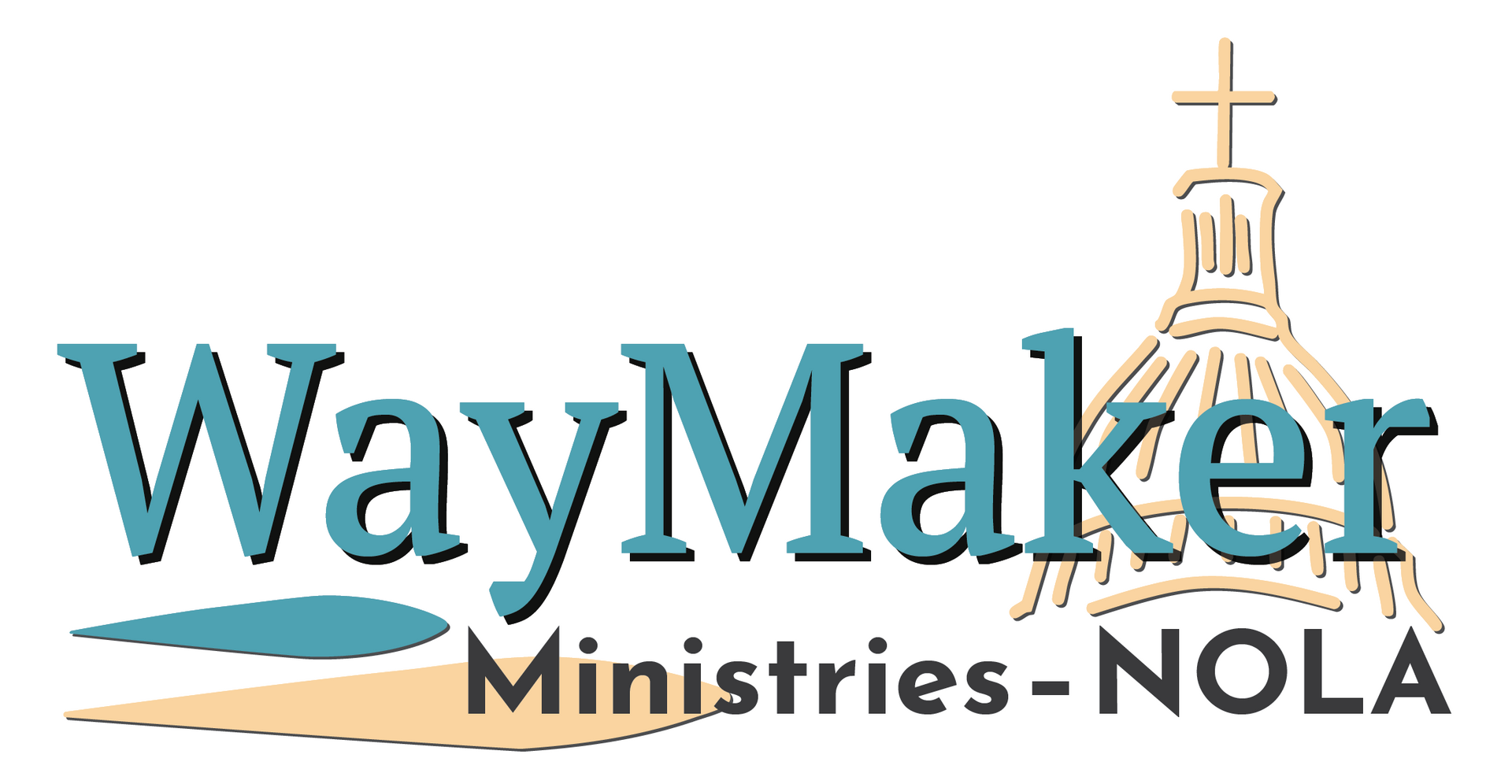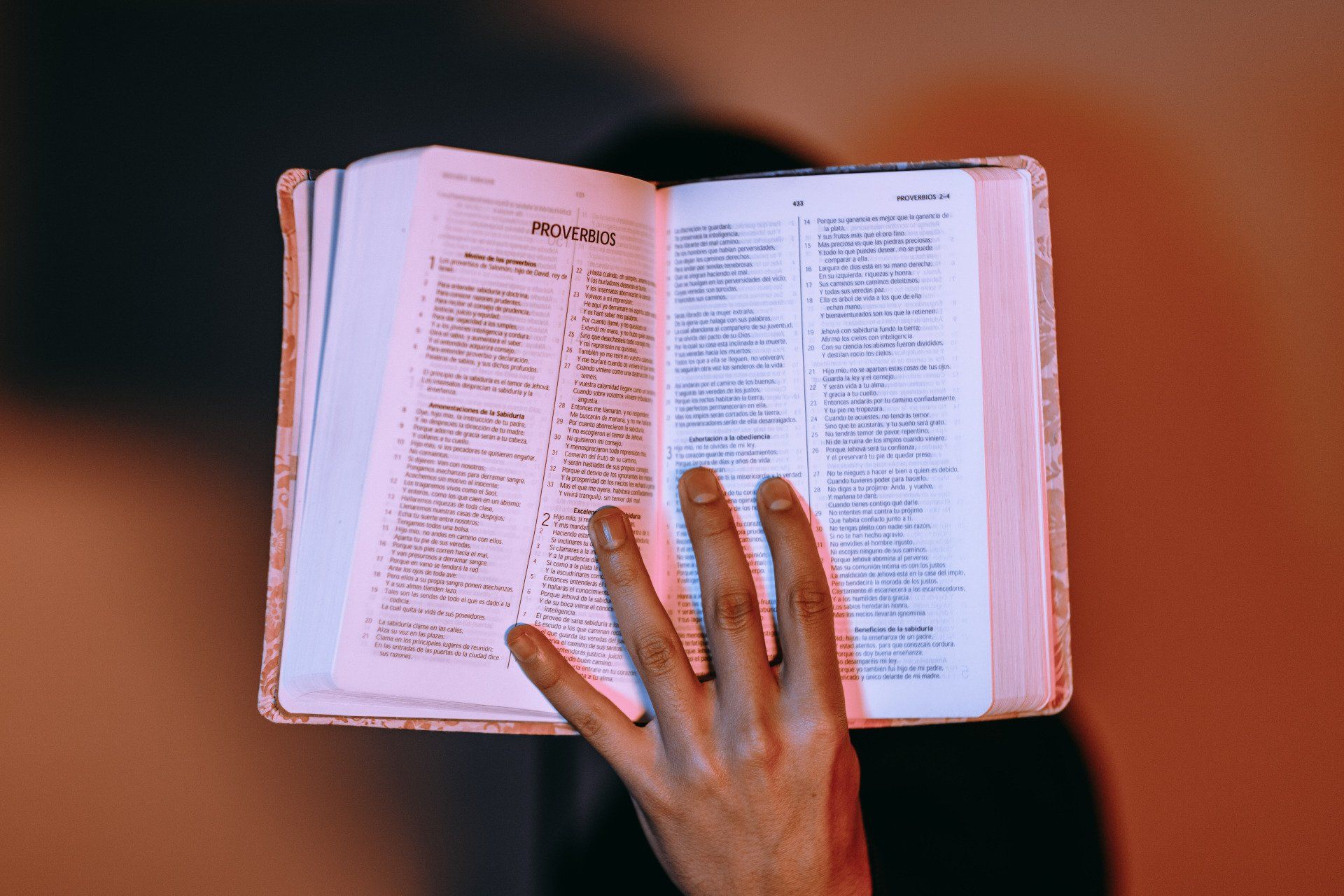How is a Pastoral Counselor different from a therapist?
Why Christian Counseling?
Finding the right counselor for your needs has the biggest impact on whether counseling will be successful for you or not. Many Christians want a Christian Pastoral Counselor in particular because every facet of their lives is informed by their faith.
Advantages of Pastoral Counseling
There are several reasons why you may choose a Pastoral Counselor or Christian Counselor as opposed to, say, a Social Worker, psychologist, psychiatrist, LFMT (Licensed Family and Marriage Therapist), or LPC (Licensed Professional Counselor). Each of these mental health professionals has significant strengths, and many clients enlist the services of more than one at the same time (say, counseling and psychiatry for medication management).
There are many benefits of choosing a Christian Pastoral Counselor. The main benefit is that your Christian faith is not just respected but it is deliberately incorporated into your counseling sessions. I will never suggest that you do anything that goes against Christian principles. Much of what I do is help my clients identify the lies that they believe - lies that come from the pit of hell. An effective strategy in rooting out these lies is to identify an undeniable truth. As Christians, what greater source of Truth do we have than the Word of God! Every lie that my clients believe can be countered by Scripture. We find a verse that resonates with them and I encourage them to commit that verse to memory.
It may look like a client who, every time she messes us, says to herself, "You're such an idiot." As her Christian Counselor, I help her identify the lie ("I'm an idiot") and identify the truth ("I am capable"). Then we turn to Scripture to confirm this undeniable truth with a verse like Philippians 4:13 which states, "I can do all things through Christ who gives me strength." In session, whenever that lie comes out, I encourage her to stop and state the truth in Scripture. We are creating new neural pathways. It can be a difficult process, and it can take some time, especially if the paths of the lies are well worn. But it can be done with discipline and practice, and it has tremendous impact in helping clients progress toward wholeness.
As we work through the lies, we invite God, the Divine Physician, the Wonderful Counselor, to be with us. And that makes all the difference!
Disadvantages of Pastoral Counseling
The downside to working with a Christian or Pastoral Counselor is that I am not credentialled with insurance. Insurance companies will not credential faith-based pastoral counselors, so my practice is entirely cash pay. That being said, if you have a Health Savings Account, you may be able to use those funds for my services.
Another downside to working with a Pastoral Counselor is that my training did not include as many years of education or supervision as other mental health professionals. I have completed my Masters in Clinical Pastoral Counseling at Colorado Theological Seminary. My program has been intense and efficient, designed to equip me to help my clients in the most effective ways possible. I didn't take classes on diagnosis codes or treatment codes for insurance and billing because it simply isn't necessary since I don't bill to insurance. I didn't spend semesters learning the details of all of the theories that have evolved under Freud and Pavlov and Skinner - although I did learn about all of them. In my classes, we got to the heart of providing clients with excellent care rooted in Christ so that we could get out into the community to provide much-needed Christian counseling. To ensure that I provide the best care to my clients, I pursue continuing education in relevant topics year-round and have a stack of books that I am reading to further my education at any one time.
If you have any questions about Christian Counseling or if you would like to arrange for a complimentary phone consultation to see if I would be a good fit for your needs, please email me at caroline@waymakercpc.com or text me at 504-559-8076. Thanks for reading!









